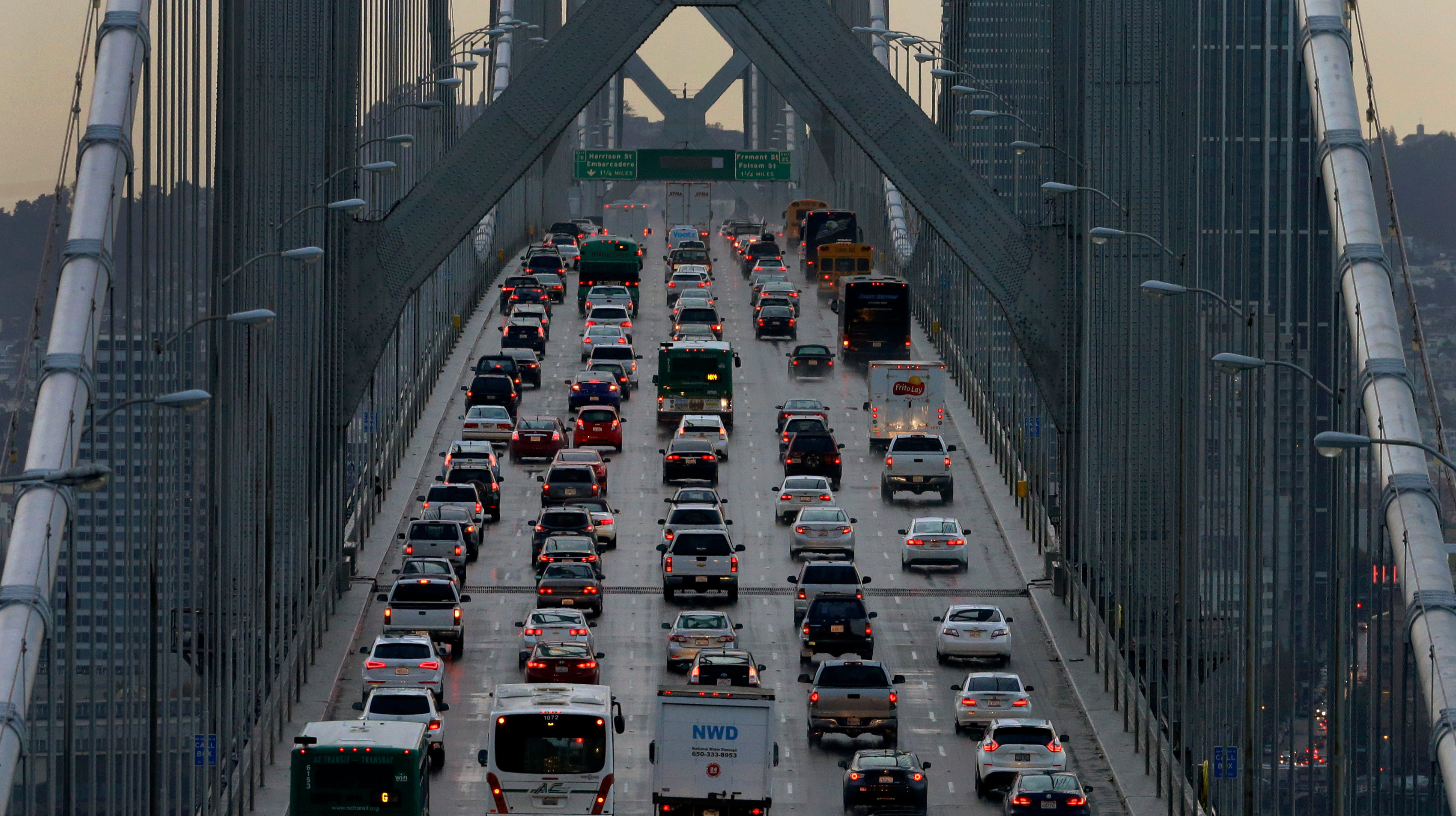Four Automakers Ignore Trump And Reach A Compromise With California Over Emissions Standards
The Trump administration's ongoing battle with California over its ability to set its own auto emissions standards is heating up once again, with the state and four automakers ignoring threats to scale back progressive standards at the national level and striking a compromise.
Back in June, 17 automakers drafted a collective letter to the President calling for a compromise between existing policies and Trump proposal to rollback Obama-era emissions regulations, but that was rejected by the White House. So four automakers went and did it anyway.
Here's more on the new deal from Reuters:
The Obama-era rules adopted in 2012 called for a fleetwide fuel efficiency average of 46.7 miles per gallon by 2025, with average annual increases of about 5 percent, compared with 37 mpg by 2026 under the Trump administration's preferred option.
Under the compromise struck with the four automakers, the stringency of the requirements would increase at a nationwide average annual rate of 3.7% annually starting in the 2022 model year through 2026, and 1% of that annual improvement could be covered by credits awarded for building electrified vehicles.
Aside from extending credits for building electric, plug-in hybrid and hydrogen fuel vehicles, the deal also hikes the cap for winning credits for fuel efficiency improvements not captured by traditional testing. The compromise would also remove a requirement to account for upstream emissions of fuels.
The voluntary agreement is between California and BMW, Ford, Honda, and Volkswagen, which would all prefer a national standard for emissions regulations to avoid having to navigate multiple different sets of regulations in the U.S. They went ahead with a compromise agreement to avoid an extended legal period of instability, which the President's proposals threaten.
The nature of the agreement shows a huge chunk of the U.S. auto industry recognizing California's legal authority to set its own emissions standards—an authority the Trump administration has previously threatened to challenge in order to slow the rate of progressive emissions regulations at a national level.
A single national standard, obviously driven by the most progressive policies established by the State of California, is generally considered a good idea, with 17 automakers, 23 governors, and numerous economists all confronting this administration's attempts to scale back California's authority and Obama-era standards.
Currently, 12 U.S. states all abide by California's emissions regulations, which would likely follow its lead on this compromise. The deal is also open to any other automakers who wish to agree to it, if they seek a nationwide fleet and not a hodgepodge of cars all playing by different rules.
It's unclear if the White House will seek to reopen talks of a compromise, or continue to seek a challenge to California's authority. It almost certainly isn't going to just give up, which would probably be the right thing to do. Regardless, I'm sure we'll be hearing about it soon enough.
